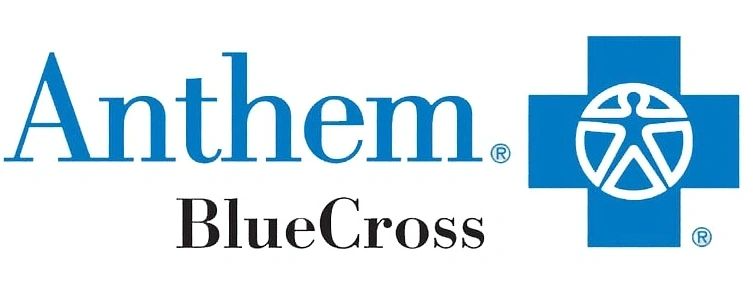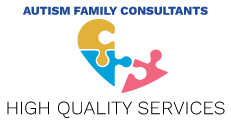AUTISM Family Family Family Consultants
Dedicate your family member to a higher quality of life! We work not just with you but with other members of our community to build a network of people working together for a supportive environment to suit your family needs.

Lets Talk Now
(888) 266-6607 or (401) 519-3756
Our Service
Support
Our team will support you in building and improving abilities. No matter what your resource are, having a team support you will keep you on the path to meeting your desired goals and objectives. We work together to connect you with the services you need.
Service
Our experienced staff team put your unique family needs first. We are proud to provide a high quality level of service, experience, and commitment to health and wellness to all our clients. Our goal is to enrich and strengthen families living with autism though our supports and resources.
Support
AFC provides a supportive environment for all partners. This includes providing support for our clients, employees, independent contractors, and community.
ON BOARDING PROCESS
Our commitment extends beyond the program. We remain a resource for our clients and their families, even post-discharge. We value your feedback, which helps us continually enhance our services and support the community we serve. Our goal is to be a lasting partner in your child’s developmental journey.
ASSESSMENT
GOAL PLANNING
INTERVENTION
RE-ASSESSMENT
DISCHARGE
HERE FOR YOU
Some Frequently Asked Questions include
We understand that a journey through Autism Spectrum Disorder (ASD) comes with a myriad of questions and uncertainties. Whether you are a parent who has just received your child’s diagnosis or someone seeking to understand more about autism, this section is designed to provide you with insightful and evidence-based answers.
The reaction from parents when they first hear of their child’s diagnosis with Autism Spectrum Disorder (ASD) is nearly universal: their first question is whether or not there is a cure for the disease.
Everyone needs hope and no one likes to deliver disappointing news. Instead of an answer, most of those parents are instead pointed to common treatment options, usually including intensive courses of applied behavior analysis.
Although it is a common (and the only scientifically-proven) treatment for autism, ABA is not a cure for the disorder. In fact, most professionals believe that there is no cure for ASD. (ABAE)
Most parents find out about their child’s disorder in a similar fashion. However, it can be difficult for many new parents to identify autism symptoms because those symptoms can vary considerably and even overlap with other disorders or even with unusual behaviors that are nonetheless found even in neurotypical children. Common narratives revolve around children struggling to make eye contact, sounds made as a baby are different, not responding when the child’s’ name is called, among others.
All autism symptoms find root in one of three different categories:
- Communication
- Social skills
- Behavioral patterns
No single category or symptom necessarily means that a child has autism. However, a combination of these at least means that it is time to get a professional opinion.(ABAE)
Autism typically manifests before a child reaches the age of two, although for some Level One cases it may not become clear until as late as eleven.
The CDC (Centers of Disease Control) recommends that all children be professionally screened at 18 & 24 months.
Most autism diagnoses begin with a screening tool such as the M-CHAT (Modified Checklist for Autism in Toddlers), Ages and Stages Questionnaire, PEDS (Parents’ Evaluation of Developmental Status) or other type of questionnaire.
An M-CHAT, for example, is simply a list of questions asking parents about their child’s reactions in certain common situations. For example, they are asked if the child will look at an object if someone points at it, or if the child likes to climb on objects. Although by themselves, none of the questions necessarily indicates a problem, if enough fit the ASD profile, further screening is recommended.
A doctor or psychologist, usually in one of the following specialties, would typically perform that screening:
- Developmental pediatrician
- Child neurologist
- Child psychologist or psychiatrist
There are many advanced diagnostic tools used by those professionals in ASD testing, including:
- Autism Diagnosis Interview – Revised
- Autism Diagnostic Observation Schedule – Generic
- Child Autism Rating Scale
- Gilliam Autism Rating Scale – Second Edition
None of these are used in isolation, however; the specialist will use one or more in combination with their own directed analysis of the child against the DSM-5 criteria. (ABAE)
These are home-based services that are founded on a team approach, within a child’s home. The team would comprise of Behavioral Therapists, specialists from early intervention programs or public schools, and family members, who all work cohesively to provide intensive services. Supervision is provided by Board Certified Behavior Analysts. Research supports intensive services produce the best outcomes for children on the Autism Spectrum (Lovaas, 1987) (adapted from BABAS).
AFC Insurance Partners





